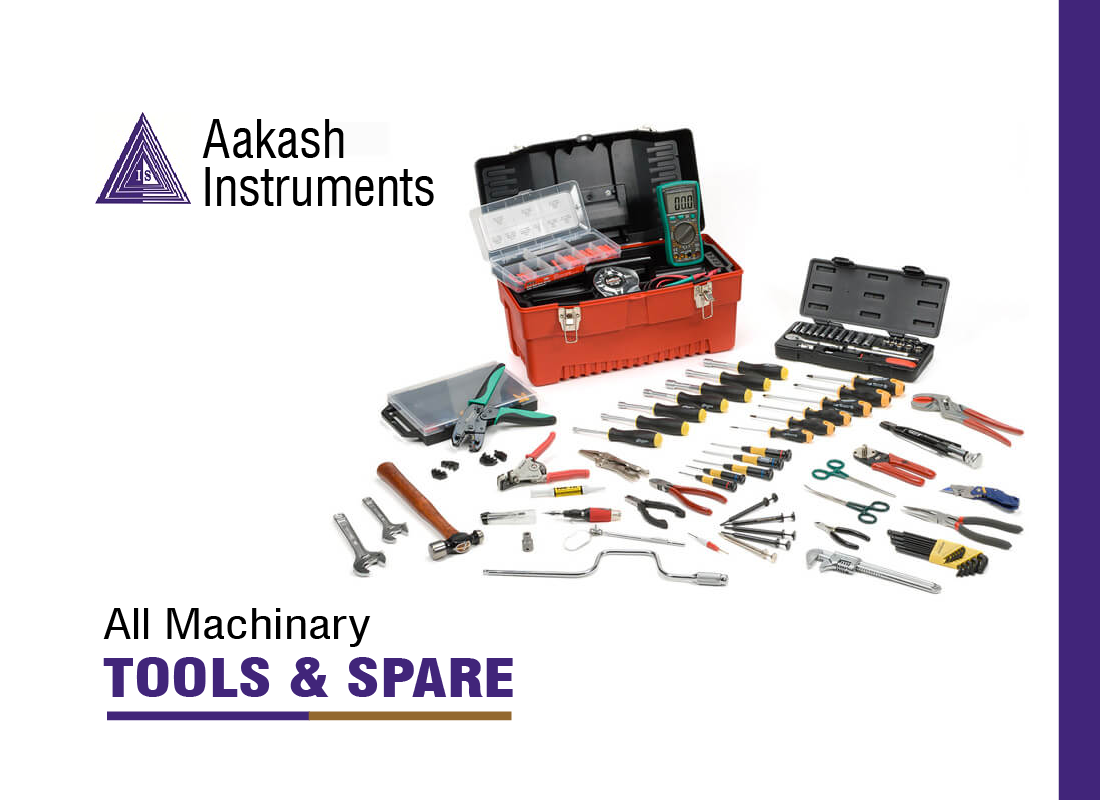We're here to assist you with any questions, concerns, or inquiries you may have.

Machinery tools spare parts encompass a wide range of components essential for maintaining and repairing industrial equipment and machinery. These spare parts ensure uninterrupted operation and longevity of machinery, minimizing downtime and optimizing productivity.

1. Crucial for maintenance, repair, and optimal functioning of industrial machinery.2. Made from durable materials like steel, aluminium, alloys, or composites.3. Designed with precise dimensions and tolerances for compatibility and fit.4. Engineered to meet specific performance criteria like load-bearing capacity, pressure resistance, or torque transmission capability.5. Surface finishes enhance longevity and performance under varying environmental conditions.6. • Compliant with international standards and industry regulations for quality and safety.
1. Material Composition: Spare parts are typically made from durable materials like steel, stainless steel, aluminium, bronze, or specialized alloys.2. Dimensions and Size: Specifications include precise measurements for components like bearings, seals, belts, and fasteners.3. Performance Ratings: Components may have performance ratings like load capacity, pressure rating, or maximum torque capacity.4. Tolerances and Fits: Components often have specified tolerances for dimensional accuracy and fits.5. Surface Finish: Specifications may include polishing, coating, or heat treatment to enhance durability and performance.6. Temperature and Environmental Ratings: Some parts have temperature ratings or environmental specifications
Machinery tools spares are essential components for maintaining and repairing industrial machinery. They serve specific functions, such as reducing friction, preventing fluid leakage, transmitting power, and removing contaminants. Cutting tools like drill bits and saw blades shape materials with precision. Electrical components provide power and control, while fasteners secure components. Pneumatic and hydraulic components control fluid power systems, while cooling and lubrication systems maintain optimal temperatures and reduce friction. Electronic control systems like Programmable Logic Controllers automate and monitor machinery processes, ensuring reliability, efficiency, and safety across various industrial sectors.